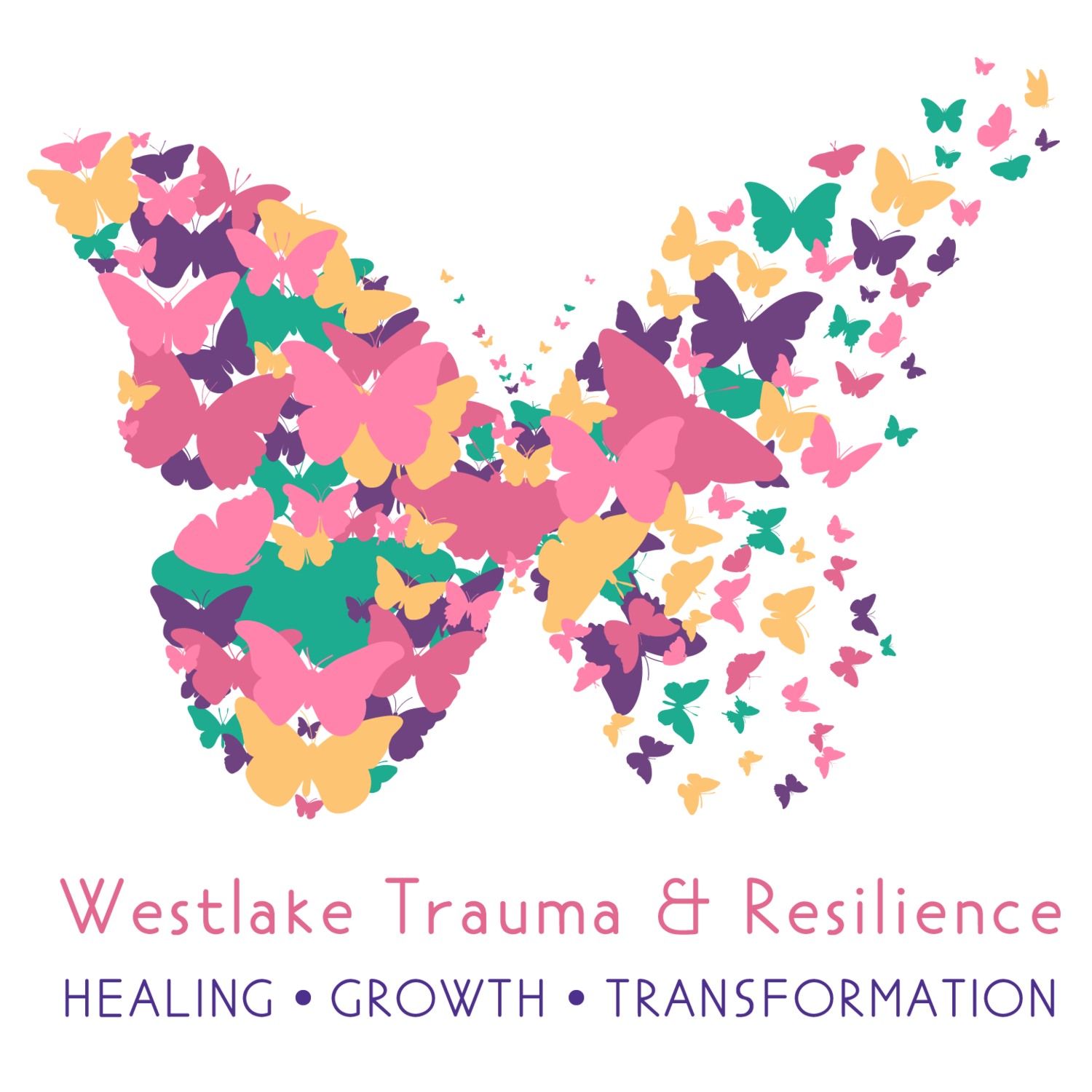Moms and Mental Health
Becoming a new mom can bring a variety of emotions: happiness as you’re welcoming your child to this world, excitement as you embark on a new journey, or even sadness at a drastic life change, but how can a new mom cope from postpartum depression and anxiety while taking care of her newborn?
With the increasing news stories regarding moms resorting to harming themselves and/or their children after sudden mood changes, not many are wanting to discuss the effects Postpartum Depression can trigger. There’s this stigma that comes with the term Postpartum Depression - that it should be avoided and not talked about because it’s a personal issue, however, Postpartum Depression affects 1 in 7 new moms and can last for weeks and months without treatment. It’s time to start speaking up and teaching new moms how to cope with this mental illness.
Some Postpartum symptoms can include:
• Depressed mood or severe mood swings
• Crying too much
• Difficulty bonding with your baby
• Inability to sleep or sleeping too much
• Under/Overeating
• Intense irritability and anger
• Hopelessness
• Feelings of worthlessness, shame, guilt or inadequacy
• Severe anxiety and panic attacks
• Thoughts of harming yourself or your baby
• Recurring thoughts of death or suicide
*For a complete list of symptoms, please click here.
How can you cope?
Having a self-care routine is important in making sure your depression doesn’t linger for long periods of time. Postpartum depression is not a personal fault and does not make anyone a bad parent.
Here are some tips to cope with postpartum depression:
1. Build a bond with your new baby - Skin to skin contact can help soothe both you and your baby and enhance the bond. It can also help your new baby sleep longer, eat better, and be more alert. Other ways of bonding can be reading, singing, or having playtime with your little one.
2. Take care of yourself - Going outside to get some fresh air and sunshine can boost up your mood a little bit. Finding time to meditate while your newborn is sleeping or even opening up a book to read for 5 minutes can help ease your mind.
3. Lean on others for support - Being a new mom, you might feel like you have to take care of everyone else before yourself. While you may come across this feeling, it’s always important to care for yourself first before providing for everyone else. Asking for help from family, friends, or close neighbors can give you time to refresh.
4. Maintain a healthy diet - Eating breakfast, lunch and dinner and drinking lots of fluids is beneficial to keeping your body healthy. Many moms might not have the time to cook meals for themselves while taking care of a crying newborn, but meal prepping for the week or getting your meals delivered can help save time.
5. Get some rest - Sleep is very important to function properly throughout the day. A full night’s sleep might not be possible with your newborn, but during the day try to ask your spouse or friend for help to get a nap in.
6. Exercise - While starting a new exercise routine may be challenging, physical activity has been known to achieve a better psychological well being that can benefit moms going through depression. Small steps to increase your daily movement will go a long way!
Postpartum depression can take a toll on your everyday life. The sooner you can get help in managing your symptoms, the better you can enjoy the brighter side of motherhood.

